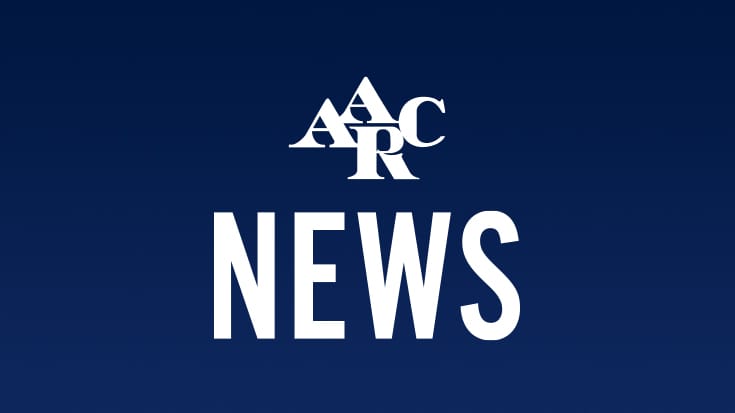
What is the value of entering the respiratory therapy profession with a bachelor’s degree? We asked two AARC members to share their answers to this question.
Opening a new door
“My bachelor’s of science degree in biology was a valuable asset as I entered respiratory school,” said Mary Bina, MS, RRT, RRT-NPS. “As an undergraduate in biology, I learned how to study and teach others to better understand the content.”
Much later in her professional career, her degree made her eligible for an education coordinator job, which listed a minimum of BS in RT or science. This opened a new door to her career path.
Bina received her BS degree in biology in 1991 from Texas Woman’s University in Denton Texas. She was later accepted into the AAS Respiratory Program at Tarrant County College (TCC) in Fort Worth in 1992 and graduated May of 1994. From 2003-2005, while working as an RT, she started a side business teaching CPR/First Aid with another RT in the community. She became a clinical instructor for TCC from 2005-2012. Since 2012, she has been an education coordinator of respiratory at Cook Children’s in Fort Worth. In 2017, she received her master’s degree in adult learning in 2017.
Increased understanding
Viji Samuel has a bachelor’s degree in health science.
“Respiratory therapy is my second career,” Samuel said, who lives and works in Dallas, TX, where the market for respiratory therapists is large. “My journey as a respiratory therapist has been great.”
According to Samuel, he doesn’t typically see a notable difference between pay and recognition for RTs with a BS versus AAS degree.
“I do believe, however, that all the science classes I took during my bachelor’s degree gave me a better understanding of the human body and its mechanisms of action,” he said.
Samuel completed all his clinicals at Medical City Dallas and has been working there since 2011. He has worked in every location in the hospital, both adult and pediatric. In the last few years, however, he’s primarily worked in PICU, CICU (pedi), and NICU with occasional ER. In 2014, he was trained as an ECMO Specialist. I was offered a position on the Medical City Division Neo-Pedi Transport team in 2017 and has been working there as his full-time job.
Looking toward the future
This fall, a new issue paper and position statement were released discussing the new Entry to Respiratory Therapy Practice 2030. Two key elements of this strategic plan are the BS-entry degree in respiratory therapy, or health sciences with a concentration in respiratory therapy; and the need to earn the Registered Respiratory Therapist (RRT) credential prior to entry to practice. Read the documents.
Email newsroom@aarc.org with questions or comments, we’d love to hear from you.











